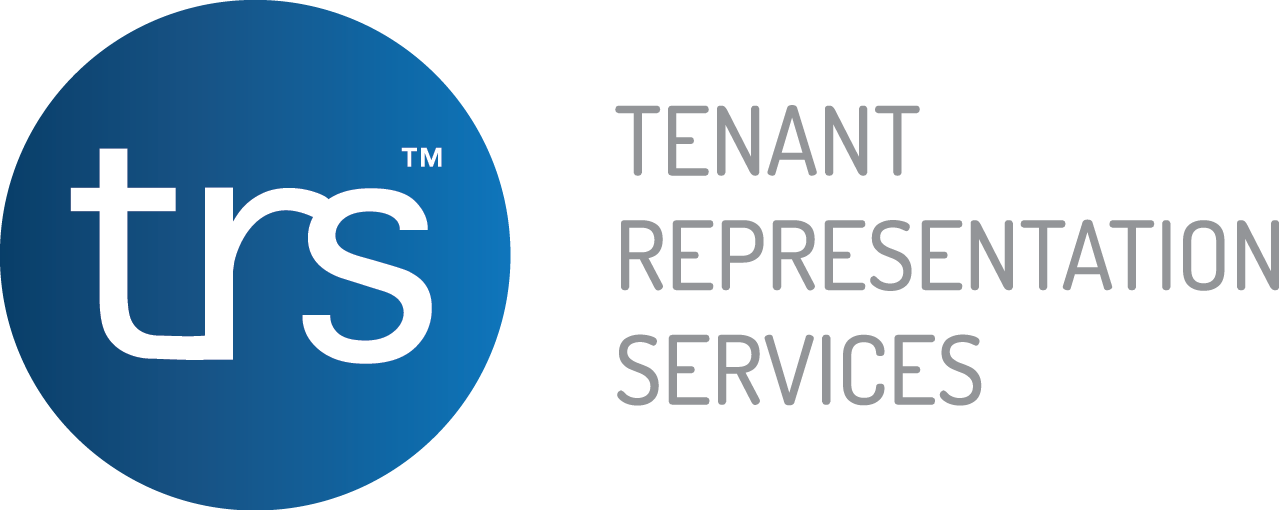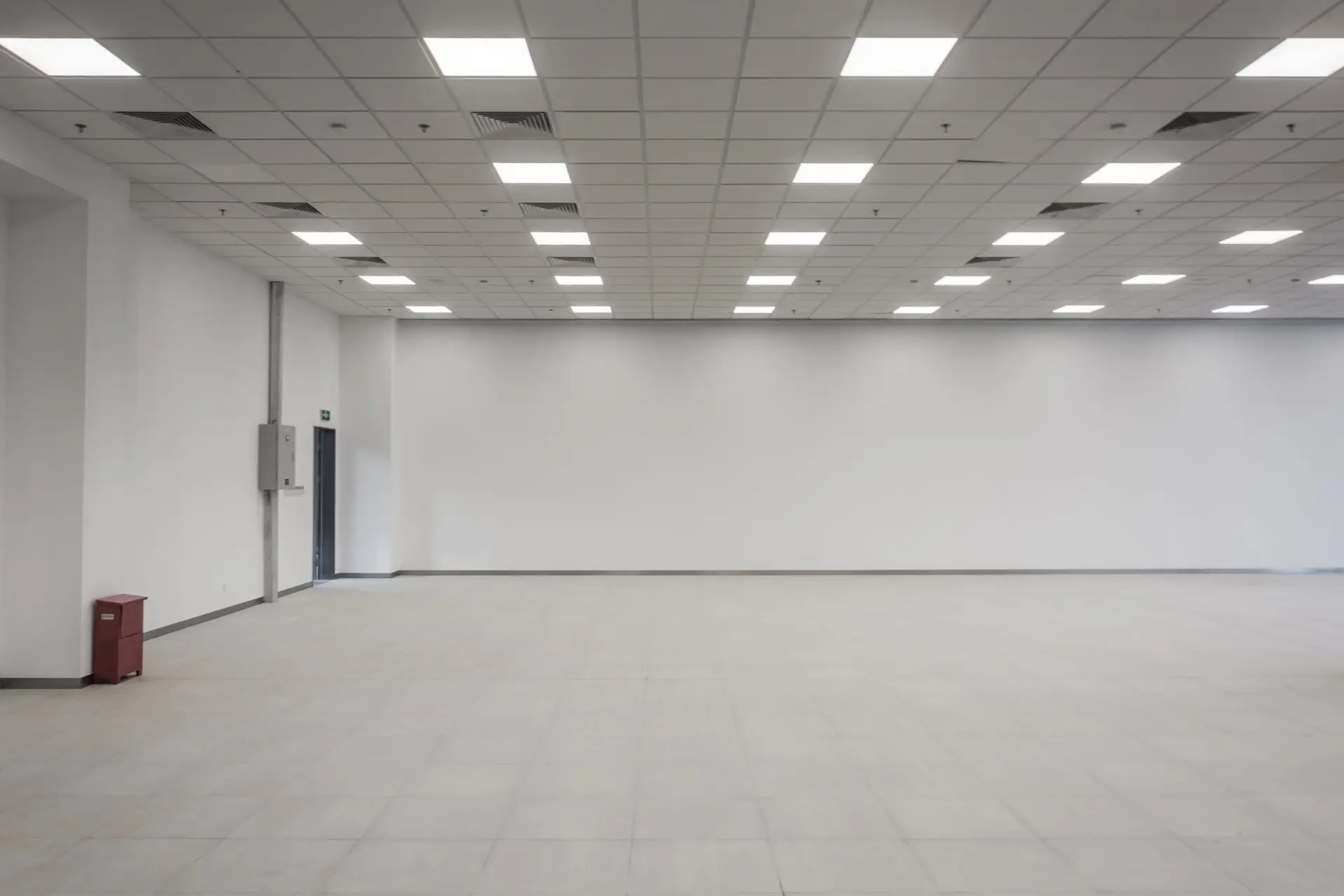Understanding make good clauses and how to avoid problems.
It sounds simple. Leave it as you found it. However, make good is one of the most contentious areas of office leasing.
To help you avoid misunderstandings and unplanned expenses we have given you the answers to some frequently asked questions about make goods:
Question: What is a “make good” in an office lease?
Answer: In commercial property, “make good” refers to the clauses in a lease that set out how a tenant should leave a property at the end of the lease term.
It also refers to the physical process of returning a leased property to the particular condition specified in the make good clause.
Q: Who is responsible for the make good?
A: Typically, the tenant is responsible for performing the make good, unless otherwise negotiated in the lease agreement.
Q: Why should I examine the make good clause closely?
A: Many businesspeople don’t have a clear understanding of make good, and make good clauses are often vague and ambiguous. Which means make good is a frequent source of conflict between tenants and landlords.
So, it’s essential that tenants have a clear understanding of their obligations prior to signing the lease. It’s a wise move to review the make good clause carefully for the following reasons:
- Understanding responsibilities: Close examination helps clarify what actions you, as the tenant, are obligated to take regarding the condition of the leased premises at the end of the lease term or upon termination.
- Avoiding financial surprises: Scrutinising the clause helps you anticipate any unexpected financial liabilities by understanding the extent of your obligations for repairs or restoration work.
- Negotiation opportunities: It allows you to negotiate favourable terms before signing the lease, such as clarifying ambiguous language or specifying the scope of work.
- Impact on business operations: You can assess how the make good requirements may affect your business operations, considering the time, resources, and disruptions involved in compliance.
- Aligning expectations: It helps align the expectations of both parties – landlord and tenant – regarding the condition of the premises at lease termination, reducing the risk of misunderstandings or disputes.
Q: What does a make good involve?
A: Typically, there are a few ways to settle a make good:
- The tenant must remove all their property from the premises including all signage and fix any damage caused.
- Return the property to the configuration and condition it was in at the time of the lease’s commencement.
- Return the premises to a base building standard, or in other words, completely strip it back to an empty shell.
- In lieu of performing make good obligations paying the landlord a sum of money.
Q: What about my office fit-out?
A: Many tenants believe that by spending money on a fit-out they’re improving the landlord’s premises. They’re often surprised that the make good clause requires them to remove these improvements at the end of a lease and restore the premises to its original condition.
A fitted office may reduce the pool of potential tenants if it can’t easily be adapted to meet a wide range of uses. Whereas an empty shell office may appeal to a wider range of tenants who can stamp their own style on the space.
In some cases, the tenant may reach an agreement with their landlord to leave the fit-out (in part or whole) should an incoming tenant be secured who would like to keep the fit-out.
Q: When do make goods need to be completed?
A: It’s important to note that any works required under a make good clause usually must be performed by the end of the lease period.
Tenants must set aside enough time to complete the make good before the lease expiry date.
Q: What happens if make goods are not completed satisfactorily?
A: Failure to complete make goods satisfactorily may result in the landlord performing the necessary work and charging the costs to the tenant. It could also lead to legal disputes or withholding the tenant’s bank guarantee.
Q: What is a condition report?
A: A condition report, often referred to as a “schedule of condition”, is a document that provides a detailed description of the condition of leased premises at the beginning of a lease term.
Q: Why do I need a condition report?
A condition report serves several purposes:
- Clarification of premises condition: It helps clarify the condition of the premises at a specific time, providing a benchmark for comparison throughout the lease term.
- Dispute resolution: In case of disputes between the landlord and tenant regarding damage or alterations, the condition report can serve as evidence to resolve conflicts.
- End-of-lease evaluation: At the end of the lease term, the condition report is used to assess any changes or damage to the premises, helping determine the extent of restoration required.
Q: What should a condition report include?
A: A well-prepared condition report typically includes:
- General descriptions: Descriptions of the overall condition of the premises, including walls, floors, ceilings, fixtures, and fittings.
- Photographs: Visual documentation showing the condition of various areas and components of the premises.
- Specific defects: Detailed descriptions and accompanying photographs of any specific defects, damage, or noteworthy details observed during the inspection.
Q: Who benefits from a condition report?
Both landlords and tenants benefit from a condition report. It provides transparency and clarity regarding the premises’ initial condition, helping to prevent misunderstandings and disputes down the track.
It’s best practice for the tenant and landlord to agree on the condition report by signing off on it. Both parties should then keep a copy of the report.
Q: Can make goods be negotiated?
A: Yes! Make goods can be negotiated between the landlord and tenant as part of the lease negotiations. This may include specifying the scope of work, timeline, and any associated costs, or removing the make good entirely.
Q: When should you negotiate your make good?
A: When it comes to make good, it’s best to start with the end in mind. Which means tenants should carefully negotiate the make good clause during the initial lease negotiations.
At this time – when the landlord is trying to secure the tenant – the tenant has the most leverage. The tenant can negotiate to limit the scope of the make good or remove it entirely.
Q: How can I de-risk my make good?
A: Many landlords prefer a cash payment in lieu of the tenant making good. This is a good option for tenants as it gives them certainty around the make good. Just write the landlord a cheque and walk away.
If you want to go this route, you’ll need 3 quotes for the agreed make good works from reputable companies specialising in demolition and make good. Then you can negotiate with the landlord for the final pay out amount.
Q: Can make good obligations be transferred to a new tenant?
A: It’s possible for make good obligations to be transferred to a new tenant if agreed upon by all parties involved and documented in the lease agreement. This often occurs in assignments or subleases.
Q: Should I get professional advice about my make good?
A: It’s important for tenants to seek professional advice before entering into a lease, so misunderstandings are avoided when the lease expires. Otherwise, a tenant can be faced with a lot of unplanned expense and headaches.
It’s a good idea to get advice from an independent tenant representative before you sign an office lease. They can help you minimise your make good obligations, as well as negotiating the best rent and terms for your office space.
Q: How can I make my make good go smoothly?
Here are 4 tips for a smooth make good:
- Have a condition report prepared for the premises you are leasing.
- Know your lease obligations, and negotiate to your best advantage.
- Start discussions and negotiations in good time.
- Get advice from an independent tenant representative and your lawyer.
TRS can help
TRS’s transaction managers are skilful and experienced negotiators, and understand all the ins-and-outs of office leasing. If you’d like to minimise the hassles and cost of your office make good, you should talk to us.



